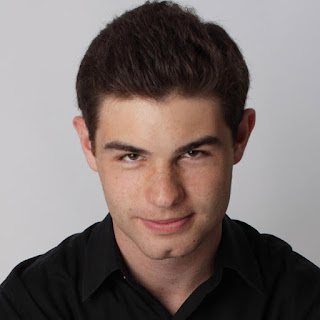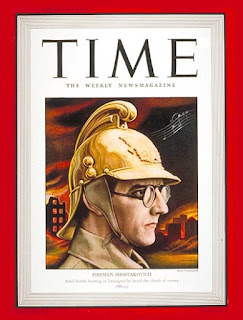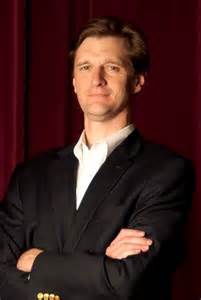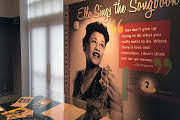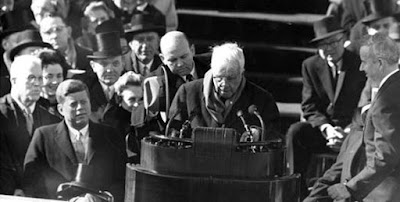She's the top, she's Mahatma Gandhi; she's the top, she's Napoleon Brandy. A partial view of the exhibit, on view through October in the Palladium's gallery, And so on, to paraphrase Cole Porter, the pre-eminent Indiana-born contributor to the Great American Songbook, from his song "You're the Top." Ella Fitzgerald was born 100 years ago, and to give her the proper centennial salute seems a natural honor for the Great American Songbook Foundation, which is based at the Center for the Performing Arts, to undertake. On Thursday and Friday of last week, the Carmel-based foundation opened an exhibition in the Songbook Exhibit Gallery. It's devoted to the singer, with special focus on the "Songbook" series of LPs that helped to establish the songs worth considering classics by the greatest American songwriters. As Will Friedwald, who literally wrote the book on jazz singing, remarked on both days of the celebration: "If Frank...
